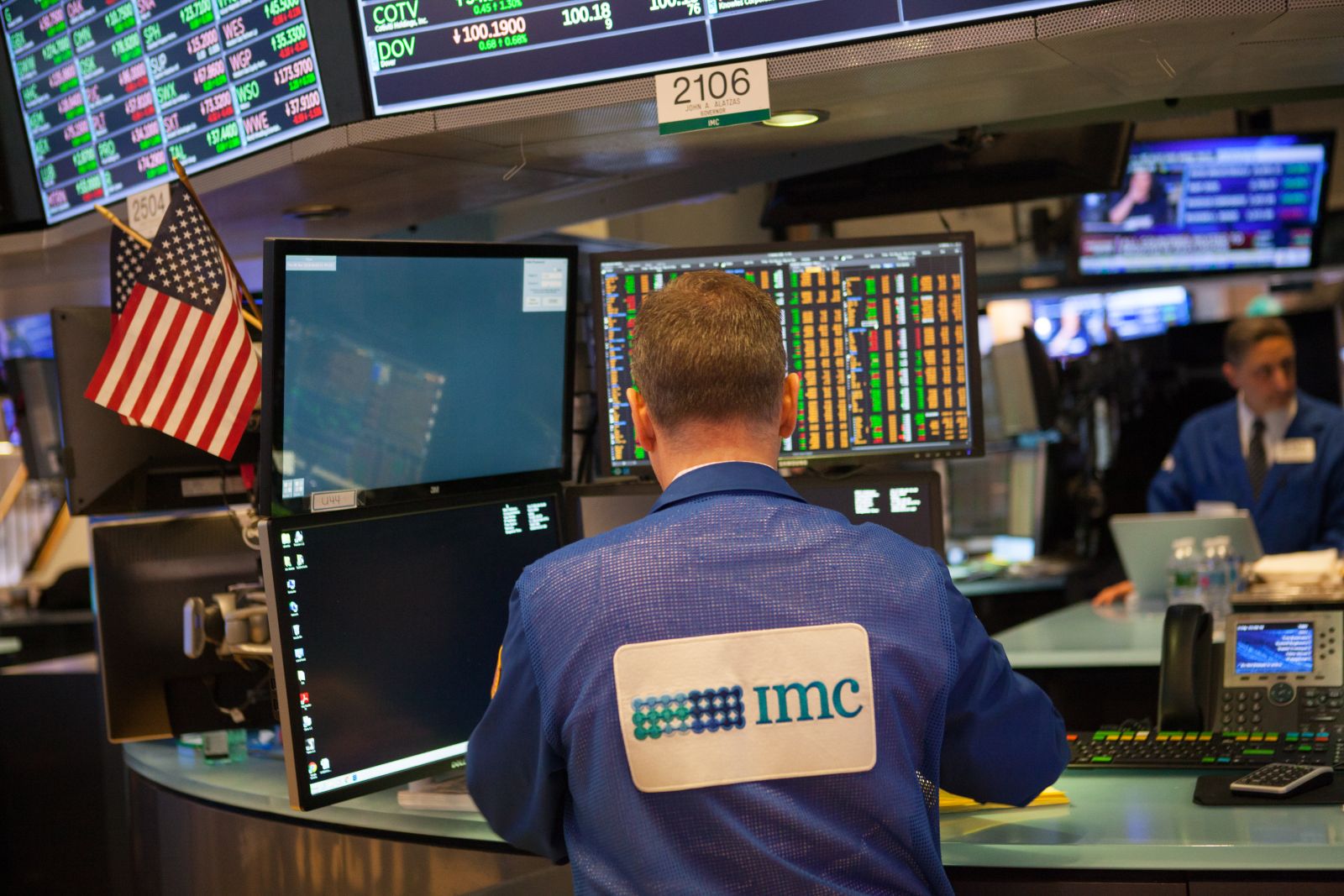/Microsoft%20sign%20at%20the%20headquarters%20by%20VDB%20Photos%20via%20Shutterstock.jpg)
Tech giant Microsoft (MSFT) is in the spotlight amid some recent strategic shifts in artificial intelligence (AI) infrastructure, with the company reportedly canceling data center leases totaling hundreds of megawatts of capacity while maintaining its ambitious $80 billion infrastructure spending target for the fiscal year. These moves come amid growing industry skepticism about AI infrastructure investments, particularly after Chinese startup DeepSeek achieved comparable AI capabilities at lower costs.
Is Microsoft Scaling Back on AI Data Centers?
"Our channel checks indicate that [Microsoft] has cancelled leases in the U.S. totaling a 'couple hundred' [megawatts] with at least two private data center operators," said TD Cowen analysts led by Michael Elias in a note released on Friday. "When coupled with our prior channel checks, it points to a potential oversupply position for Microsoft."
Microsoft’s potential AI recalibration extends to its international operations, with plans to redirect some international spending to the U.S. market, while maintaining its overall spending targets to meet customer demand. As TD Cowen noted, this adjustment occurs against the backdrop of Microsoft's evolving relationship with OpenAI, which has recently gained the flexibility to use other cloud providers and announced its own infrastructure investment plans with SoftBank (SFTBY).
“As we believe is indicated by its decision to pause construction on a data center in Wisconsin which our prior channel checks indicated was to support OpenAI, there is capacity that [Microsoft] has likely procured, particularly in areas where capacity is not fungible to cloud, where the company may have excess data center capacity relative to its new forecast," according to Elias and team.
Microsoft’s Major Quantum Computing Breakthrough
In a separate development, Microsoft has achieved a remarkable breakthrough in quantum computing with the introduction of the Majorana 1 quantum chip, powered by topoconductors, marking the culmination of two decades of research.
Microsoft says that it expects “new Topological Core architecture… will realize quantum computers capable of solving meaningful, industrial-scale problems in years, not decades.” This suggests a faster timeline to useful quantum computing than has recently been suggested by some top tech leaders.
This technological advancement positions Microsoft as a leader in quantum computing innovation, though the market’s positive response has been largely focused on growth stocks within the space.
Is Now a Good Time to Buy Microsoft Stock?
MSFT stock is down 2% to start the week, and is now slightly negative over the past year. By contrast, the S&P 500 Index (SPX) has gained more than 18% in the last 52 weeks. Microsoft shares are now approaching oversold territory, with the 14–day Relative Strength Index (RSI) around 35.

While Microsoft shows strong fundamentals with an impressive profit margin of 35.43% and a robust average analyst rating of “Strong Buy,” investors should approach the stock with moderate caution at this time. The technical signals present a mixed picture, with conflicting buy and sell signals across different timeframes, suggesting some market uncertainty despite the company's strong underlying business.
However, Microsoft's strong financial position, consistent profitability, and leadership in the AI space still make it an attractive long-term investment, but investors might want to consider a dollar-cost averaging approach rather than a large single purchase to help mitigate the current market volatility.
This article was generated with the support of AI and reviewed by an editor. On the date of publication, the editor had a position in: MSFT . All information and data in this article is solely for informational purposes. For more information please view the Barchart Disclosure Policy here.




/NVIDIA%20Corp%20logo%20on%20phone%20and%20AI%20chip-by%20Below%20the%20Sky%20via%20Shutterstock.jpg)

/Oracle%20Corp_%20logo%20on%20phone%20and%20stock%20data-by%20Rokas%20Tenys%20via%20Shutterstock.jpg)
/Green%20hydrogen%20by%20Scharfsinn%20via%20Shutterstock.jpg)